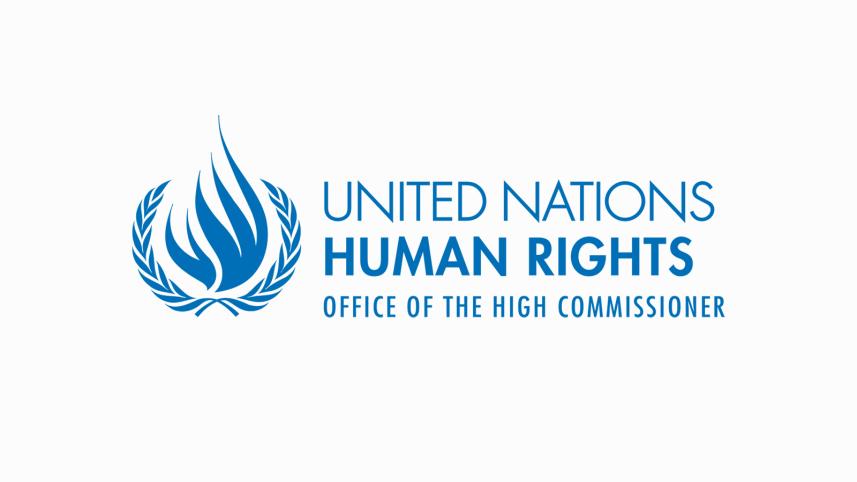UN for probe into rights violations on August 5-15

The UN has recommended prompt and independent investigations into human rights violations that took place from August 5 to 15 last year after the fall of Sheikh Hasina.
The Office of the United Nations High Commissioner for Human Rights (OHCHR) made the recommendation in its fact-finding report titled "Human Rights Violations and Abuses related to the Protests of July and August 2024 in Bangladesh".
Sources had continued to report revenge violence, the UN said, adding that although incidents after August 15 fall outside the temporal scope of the report, the OHCHR nevertheless strongly recommends prompt and independent investigations into all reported incidents of this kind.
If left unaddressed, these incidents pose major risks to the country's social fabric, democratic culture and cohesion going forward, according to the report.
Violent mobs stormed and burned down numerous police stations after Hasina fled to India. According to Bangladesh Police, 450 out of the country's 639 police stations were destroyed or damaged during attacks. In many cases, the police officers fled or were allowed to leave by their superiors. In others, some officers were lynched or otherwise killed.
From August 5, enraged crowds also attacked Awami League officials and offices. In some cases, supporters of the BNP and the Jamaat-e-Islami were involved, according to witness testimony provided to OHCHR.
Violent crowds also vandalised, looted, or burned down official residences, homes and businesses belonging to Awami League leaders, government officials, or their close family members.
The report said that some Hindus, Ahmadiyya Muslims, and indigenous people from the Chittagong Hill Tracts were also subjected to human rights abuses, including arson attacks on homes and assaults on places of worship, driven by different underlying motivations.
"Authorities in disarray were unable to provide an effective response to protect the human rights of these victims against abuses by non-state actors," the UN said in the report.
In the aftermath of Hasina's fall, many police officers feared reporting to work, and in several areas, police operations effectively ceased. This lack of law enforcement facilitated further revenge violence as well as opportunistic crimes.
The OHCHR said it could not provide its own estimate regarding the scale of revenge violence, particularly the killings of police officers and Awami League members.
However, the Awami League provided the OHCHR with a detailed list containing names, dates, and causes of killings. According to this list, 144 officials and members of the Awami League and its affiliated organisations were killed in attacks between July 1 and August 15. And 18 of them were killed between August 6 and 15.
The OHCHR received reports of violent mobs forcing Hindu headmasters and teachers to resign. In one instance, local BNP leaders were among the perpetrators, according to the victim's testimony.
According to National Security Intelligence information provided to the OHCHR via the interim government, 37 violent attacks targeting minorities took place between August 5 and 15. Most incidents involved vandalism, looting, or arson.
The OHCHR, however, was not in a position to independently verify these incidents, the report said.
It also documented revenge attacks against media outlets perceived as being biased toward the Awami League.
The report said many journalists have been accused of murder and other violent crimes. Several prominent journalists viewed as supportive of the Awami League have been arrested in connection with such cases, raising concerns that the charges were "overly broad".
Since August 5, many journalists and civil society observers have reported an atmosphere of intimidation, with media outlets exercising caution in reporting anything perceived as favourable to the Awami League or critical of its political opposition, said the report.
There are also concerns about undue pressure on defence lawyers, some of whom were refused access to court, assaulted and threatened, and permitted only limited access to their clients or case files, according to witnesses.
The report said the government informed the OHCHR that many lawyers who would have normally represented defendants linked to the former government and Awami League had fled or no longer came to court, but that Bangladesh had a legal aid mechanism to ensure representation of any accused who would otherwise not be represented.



 For all latest news, follow The Daily Star's Google News channel.
For all latest news, follow The Daily Star's Google News channel. 
Comments